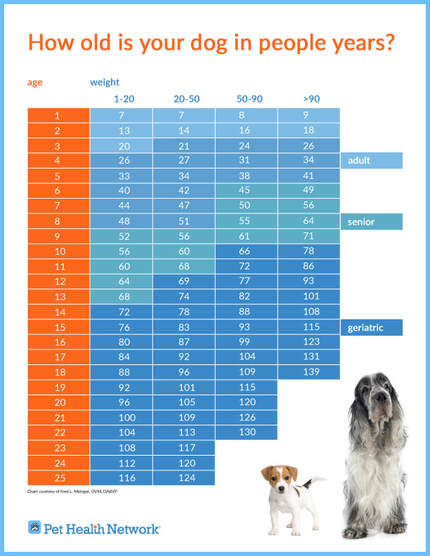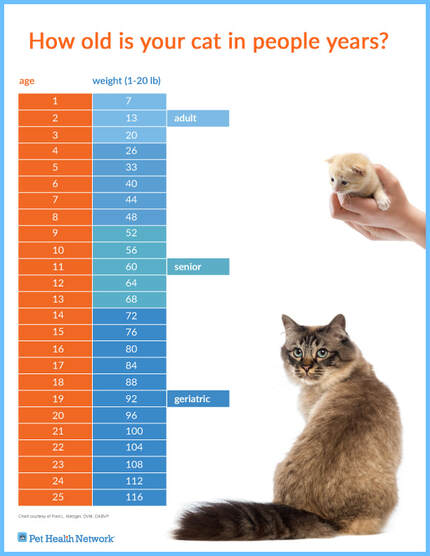|
Preventative Care
First Time Visits for Animals Over 1 Year of Age For pets over the age of 1 without a history of vaccinations, our doctors recommend a series of vaccines 3-4 weeks apart. During your pet's first visit, our doctors will do a physical examination to assess their over all health, dental condition, joints and more. We also recommend a heartworm/lyme disease and fecal test. Intestinal parasites are not uncommon in animals not on a monthly preventative. On your pet's second visit, 3-4 weeks after the first, you do not need to visit the doctor as long as your pet is not having issues. One of our veterinary technicians can administer the booster vaccine. It's best to schedule the booster appointment at checkout of the first visit. It's very important to complete the series of vaccines so your pet is fully immunized. Annual Exams Both Dr. Lanford and Dr. Dawes recommend a yearly physical examination for all pets. These exams help to detect any problems early on, which may make treatment easier for both you and your pet. During this exam our doctors will physically examine your pet from nose to tail, checking their teeth, joints, body condition and more. They will also discuss any issues you and your pet may be having. Our doctors also recommend a yearly heartworm/lyme disease test, fecal test and vaccines. An annual heartworm test is required to continue giving heartworm preventative for the next year. A heartworm test is required even if your pet has been on preventative all year long. Senior Pet Care Unfortunately, aging is a part of everyone's life. The aging process can move quicker or slower depending on your particular pet. A yearly exam can help the doctor determine if there is something of concern with your pet early on. Early detection and treatment of conditions can help your pet live a longer and happier life. At your pet's yearly exam, if the doctor has determined your pet is now in the senior pet category, they may suggest a Senior Blood Panel. This is a wonderfully quick and easy resource that gives the doctors insight into the health of your pet, which can't be seen through a physical exam. A Senior Blood Panel is one of the best early detection tools. |
Come see us
657 E. Chicago Road
Coldwater, MI 49036 Payment is due at the time of service. If financial assistance is needed we do except Care Credit. Learn more with the link above.
|
Clinic hours
Monday: 8AM-5PM
Tuesday: 8AM-5PM Wednesday: 8AM-5PM Thursday: 8AM-5PM Friday: 8AM-5PM Saturday: 8AM-Noon Sunday: CLOSED After hour emergencies are referred to a 24hr emergency hospital, NIVES, Northeast Indiana Veterinary Emergency Specialty Hospital in Ft. Wayne (260) 426-1062 For After hours Emergency service
|
Get in touch
Phone
(517) 278-5631 Fax (517) 279-8420 carecenterhospital@ carecenterhospital.com |
Site powered by Weebly. Managed by IDEXX Laboratories






